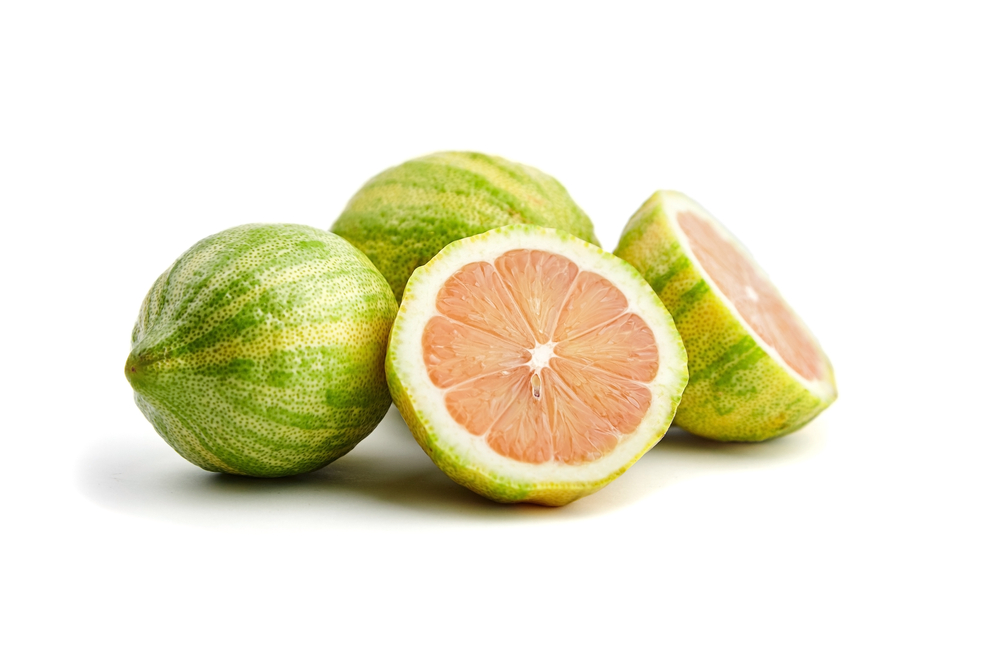Check out these retro lemon garlic aioli from Encyclopedia Britannica’s archives. WTFact Britannica shares some of the most bizarre facts we can find. In these videos, Britannica explains a variety of topics and answers frequently asked questions.
In Demystified, Britannica has all the answers to your burning questions. Britannica is the ultimate student resource for key school subjects like history, government, literature, and more. While this global health crisis continues to evolve, it can be useful to look to past pandemics to better understand how to respond today. Britannica celebrates the centennial of the Nineteenth Amendment, highlighting suffragists and history-making politicians. We’ve created a new place where questions are at the center of learning. Britannica Presents Earth’s To-Do List for the 21st Century. Learn about the major environmental problems facing our planet and what can be done about them!

While every effort has been made to follow citation style rules, there may be some discrepancies. Please refer to the appropriate style manual or other sources if you have any questions. Our editors will review what you’ve submitted and determine whether to revise the article. Articles from Britannica Encyclopedias for elementary and high school students. Lemon juice is a characteristic ingredient in many pastries and desserts, such as tarts and the traditional American lemon meringue pie.
Lemonade, made with lemon, sugar, and water, is a popular warm-weather beverage, and the juice itself is commonly added to tea. It was further distributed through Europe by the Crusaders, who found it growing in Palestine. As a cultivated tree, the lemon is now grown to a limited extent in most tropical and subtropical countries. The relatively cool, equable climatic zones of coastal Italy and California are especially favourable for lemon cultivation. Young lemon trees reach bearing age as early as the third year after planting, and commercial crops may be expected during the fifth year. The average orchard yield per tree is 1,500 lemons a year.
Careful handling is essential to prevent the loss of fruit in storage and transit because of fungal diseases. Get a Britannica Premium subscription and gain access to exclusive content. Among the important by-products of lemons are citric acid, citrate of lime, lemon oil, and pectin. Preparation of the oil, used in perfumes, soap, and flavouring extract, is an important industry in Sicily. This article was most recently revised and updated by Adam Augustyn. Today, let’s take a look at the wide variety of lemon types and better understand their biology. This species contains dozens of established varieties, and it likely contains hundreds of wild hybrids.